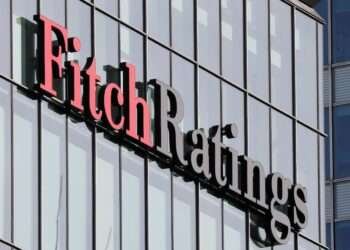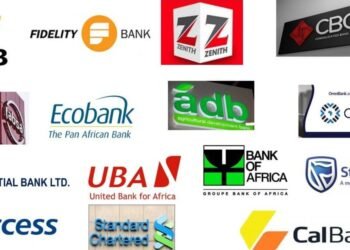The government’s decision to prioritize local financing over international financing in order to reduce interest cost burden has proven to be successful so far. This week alone, the government had an elephantine oversubscription in its forex forwards sales, while also meeting its Treasury Bills sales target with tolerable interest rates.
Government had another successful week, raising GH¢ 909.35 million from the 14-day BoG Bill with the same 14.50 percent interest rate as the previous week’s auction per the recently released auction results from the Bank of Ghana. It was however, discounted at a rate of 14.42 per cent of the face value.
Investors interest in the short-term debt instruments have surged so far this year but it’s coming with a lower interest cost to the government as the government is doing everything possible to keep cost of domestic borrowing down.
There are concerns that the current trend could prevent enterprises and household customers from obtaining loans to inject into their working capital or operations due to the government’s reliance on domestic sources of funding since the Euro bond market is closed to Ghana for, at least, the first half of 2022.
Solutions to soaring debt levels
It can be recalled that the World Bank Country Director, Pierre Laporte, noted in the last quarter of last year, that his outfit is worried about Ghana’s rising debt stock. According to him, some ongoing measures should be expedited to help stabilize the situation.
“Before COVID-19, Ghana’s debt to GDP ratio was below 70 percent, which was manageable. But now, at 78 percent of GDP, it is getting to a point where the description of Ghana is a country at high risk of debt distress. What government has to do now, in our view, is stop the debt from escalating further.
“I believe that a lot more needs to be done in the area of revenue or the country’s revenue base to deal with the challenge.”
Pierre Laporte
According to Mr. LaPorte, the World Bank is also implementing internal measures to keep a lid on Ghana’s borrowings and rising debt stock.
Maintaining fiscal discipline, building buffers, diversifying the export base, and exercising caution when contracting new external financing arrangements for infrastructure and other spending, according to the World Bank, will be critical in ensuring Ghana’s public debt dynamics are put firmly on a downward path.
The Country Director further gave other measures that the Bank of Ghana will use to curb the ongoing debt spree.
“First, by having a prudent approach to borrowing. Borrow responsibly; borrow at the right rate and borrow at the right levels. But also, debt to GDP is a ratio; and so, if you increase your denominator, your ratio will go down. So, to the extent that Ghana can accelerate growth, the debt to GDP will go down.”
Pierre Laporte
The Country Director further raised worries about the country’s revenue-to-GDP ratio, urging the administration to find methods to increase the country’s tax base and ameliorate the situation.
“Also, by lowering the deficit. Why do you borrow? Because you don’t have enough revenue. By raising your revenue base, it allows you to lower your deficit. Ghana’s revenue to GDP at 12 percent is too low. Ghana can do better, and its good governments which recognize that. Recently, some taxes were introduced to address the problem.”
Pierre Laporte






















